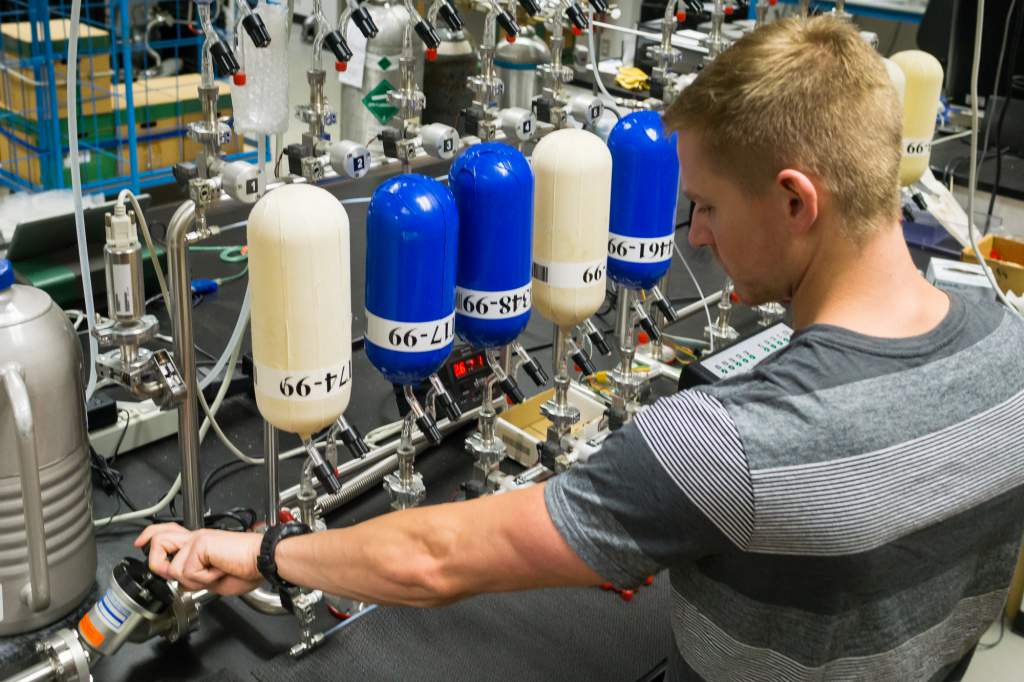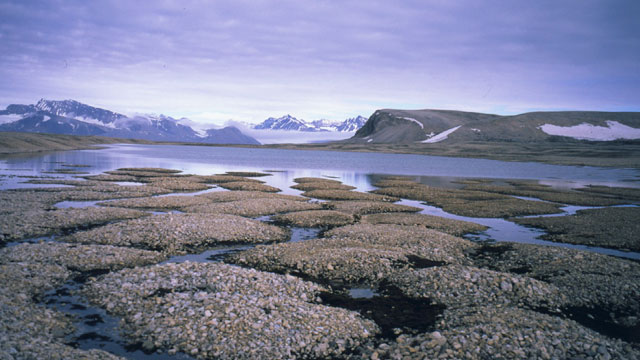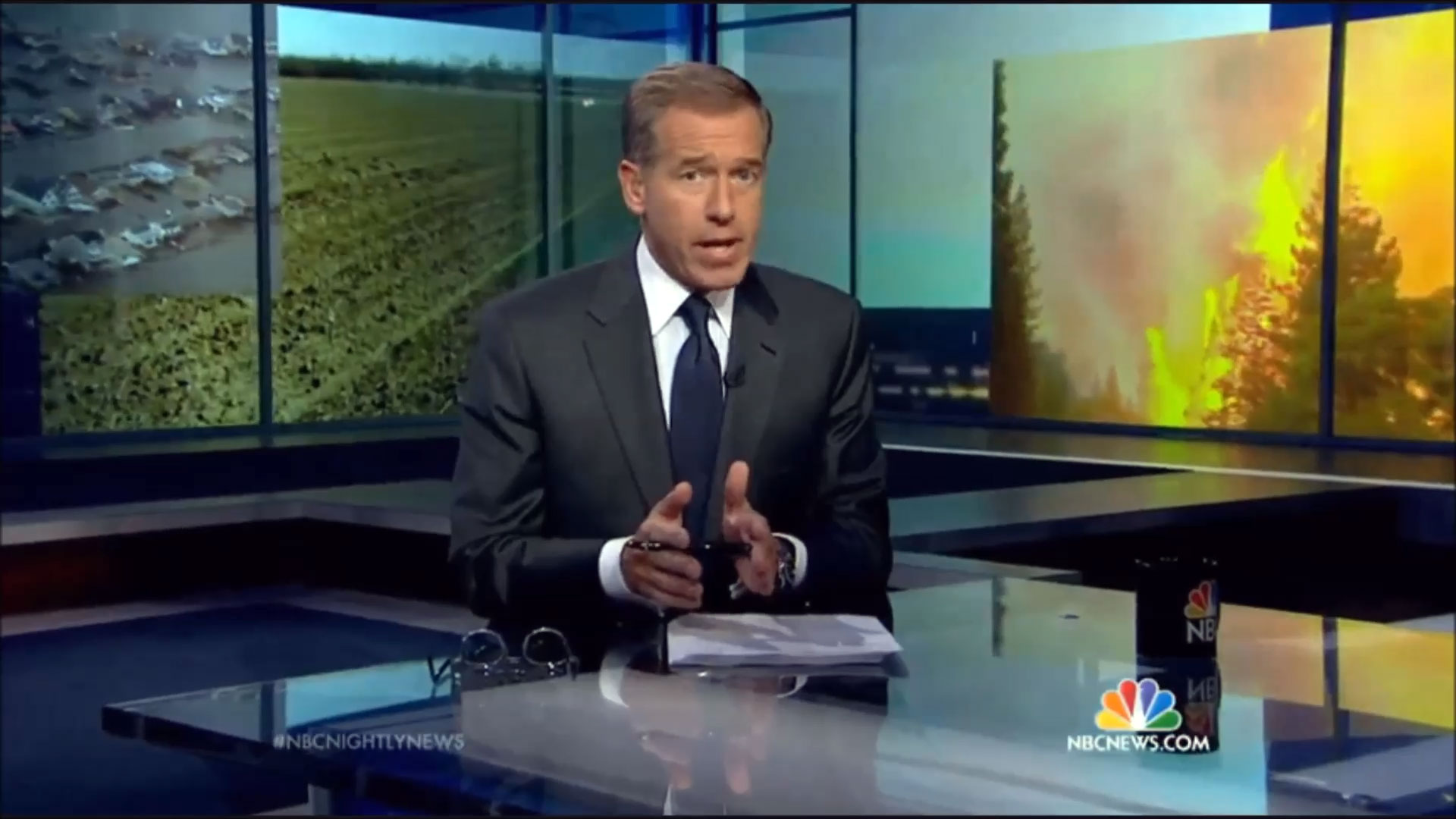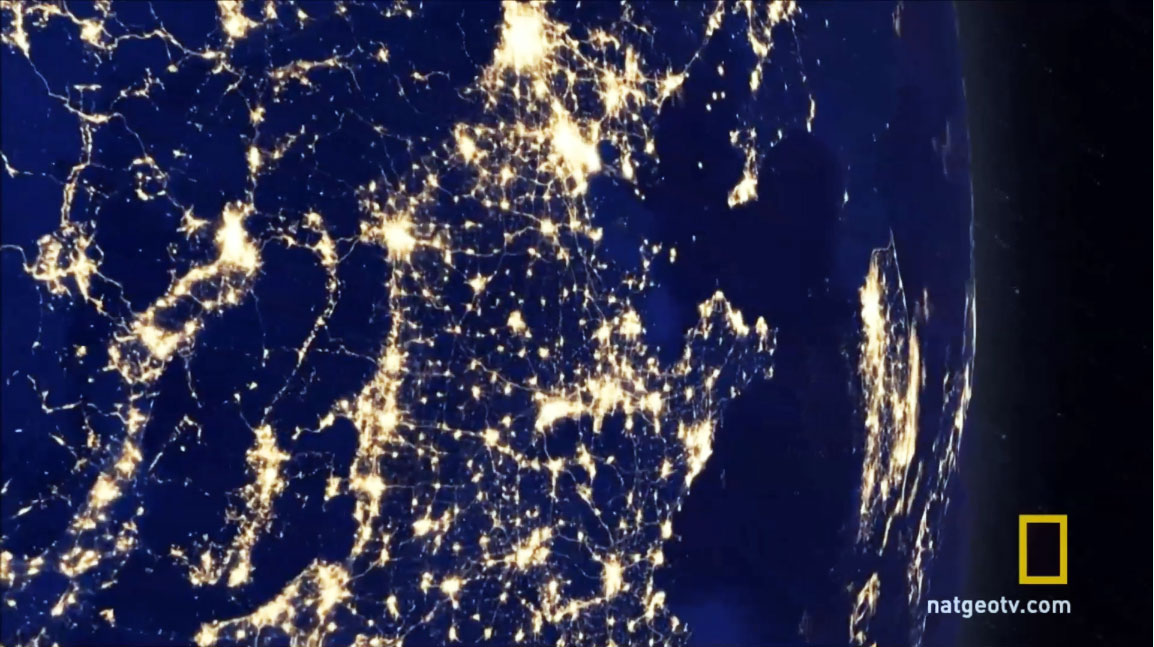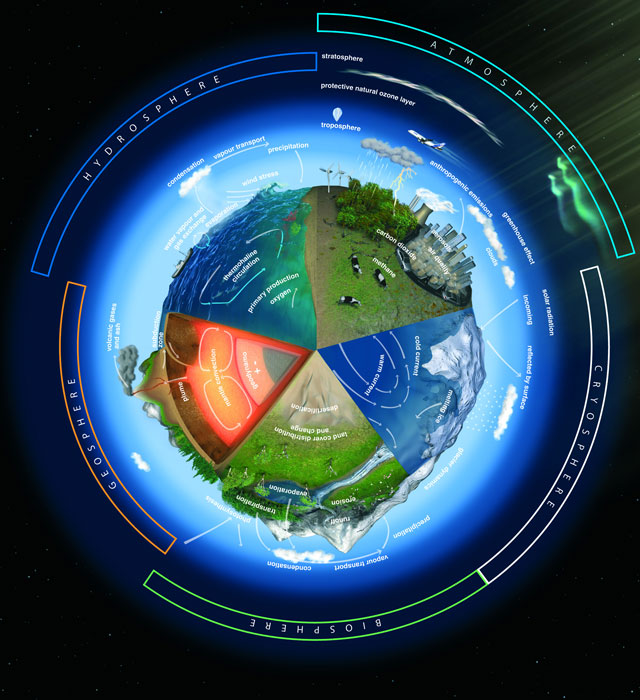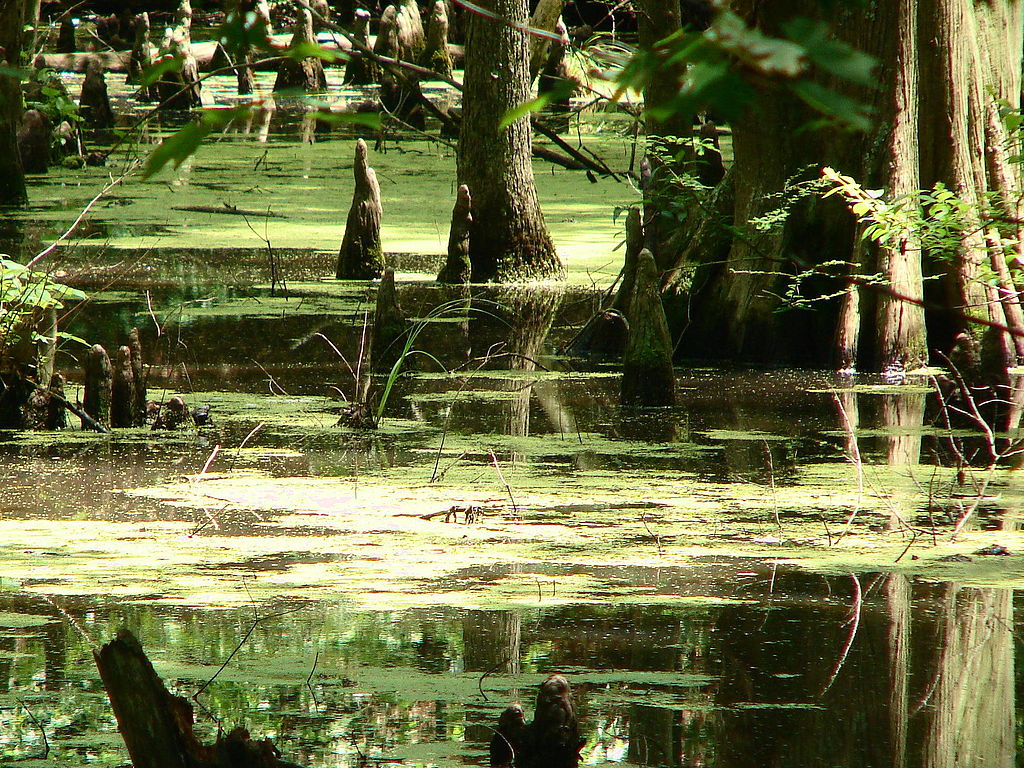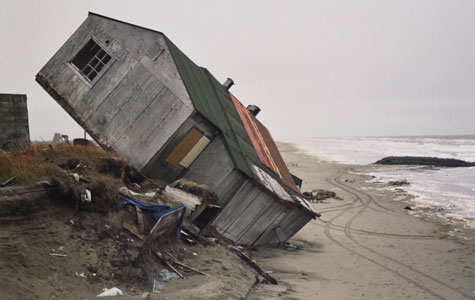A giant hole near a lake, surrounded by forest, filmed […]
Video credit: Andy Jacobson, CIRES/NOAA In 2013, Greenhouse gases continued to rise, […]
Introduction to Methane Hydrate “Methane Hydrates and Contemporary Climate Change” (2011) […]
A new massive report on global warming says dangers will […]
National Geographic: Experts compare modern heat waves to the past […]
By Tim Radford (Climate News Network): Scientists think the amount of […]
Update: As pointed out by one of the authors, Rhiannon […]

